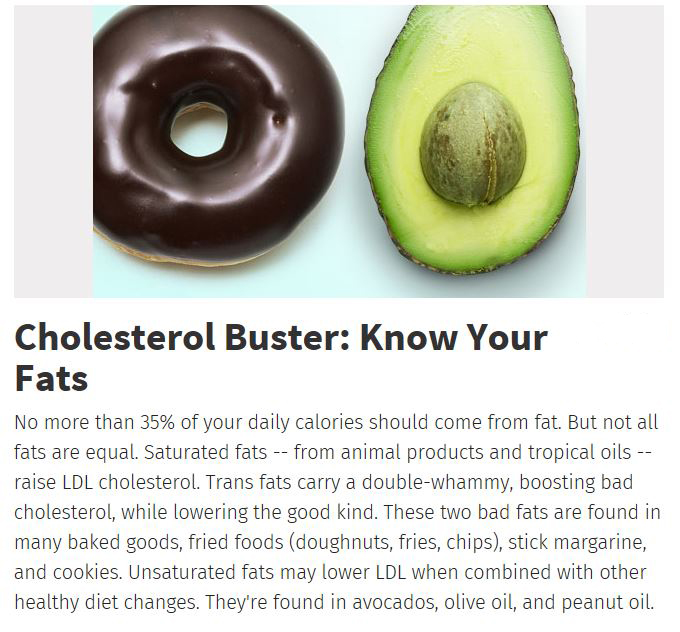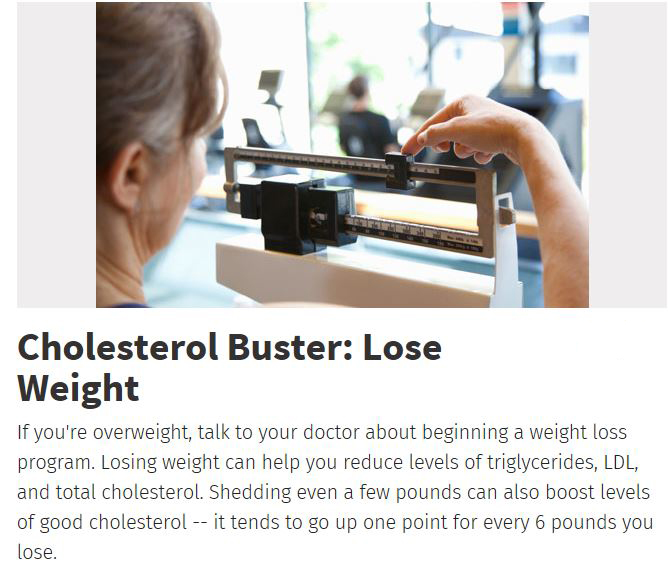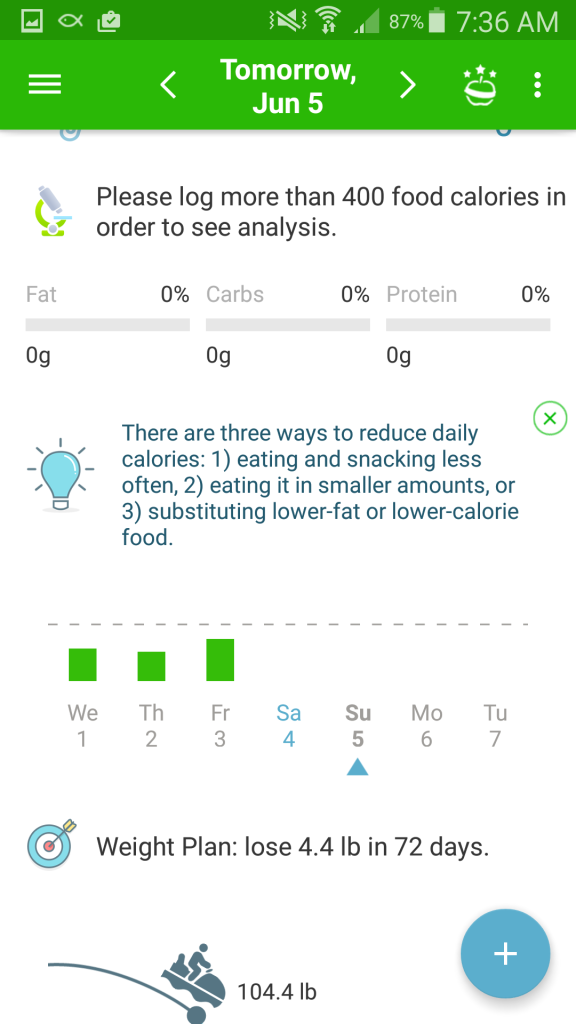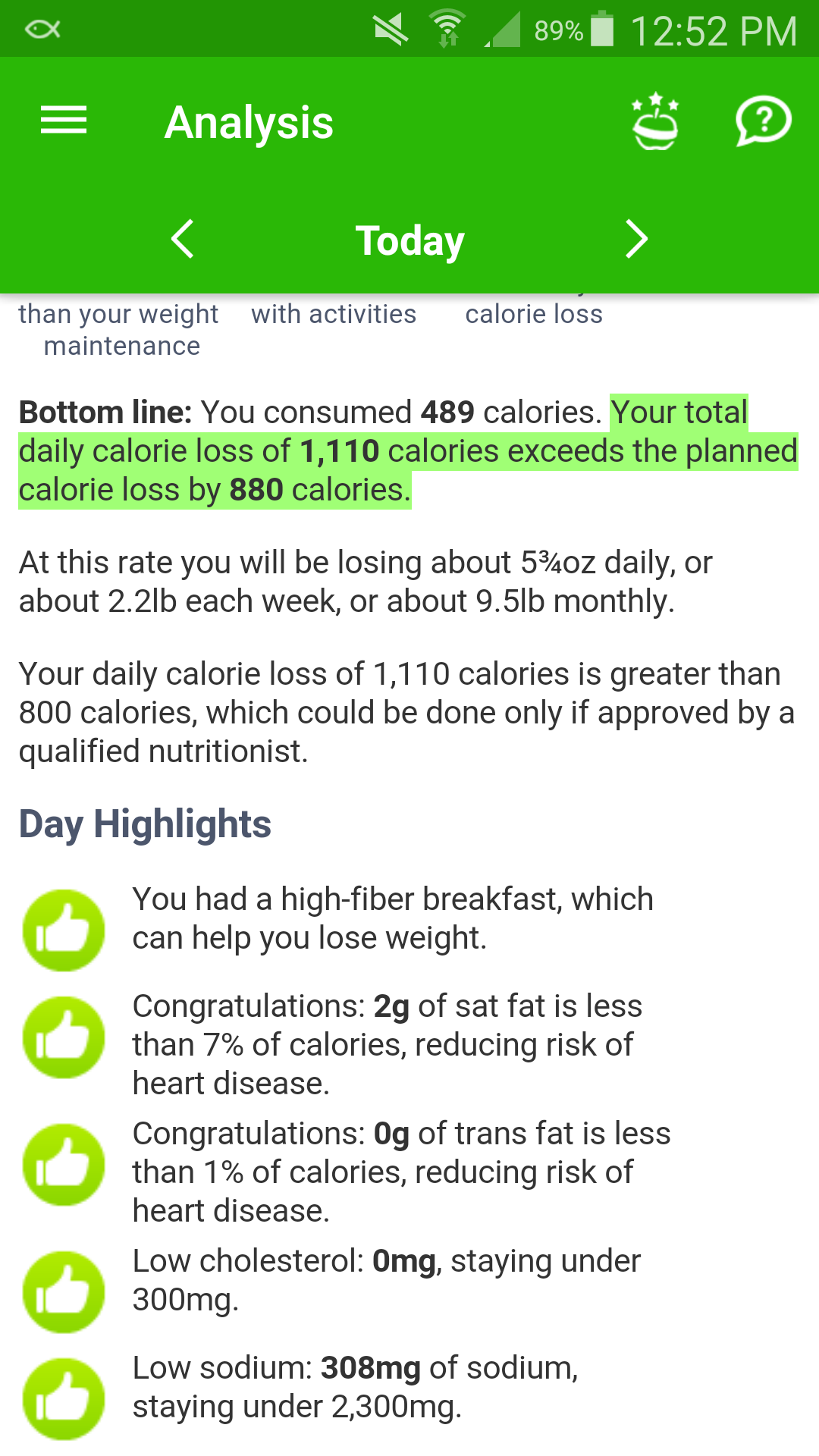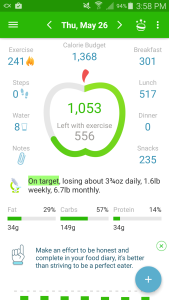Six years and counting with Intermittent Fasting! I am so used to IF now that I forgot sometimes that I am doing it regularly. Do I see improvement in my body? I sure do! For one thing, I don’t worry about gaining weight again. I’ve maintained a normal weight for 6 years now. It gives me good sleep, as long as I don’t mess up with my body clock by sleeping the same time at night, and waking up at the same time in the morning. The only time I will mess it up if I allowed myself to extend my waking hours to accommodate some personal chats with friends and relatives especially this time of pandemic. People need people, but sometimes, we overdo it and for all you know, it is past our bedtime. It’s hard to go back to scheduled sleeping especially when you are wired up from prolonged conversations and you seemed like you cannot relax. Thank goodness it does not resort to raiding the refrigerator for something to eat just so my mind can relax. It’s totally something that I don’t want to practice– the wee hours of chatting to help the other person with their personal, emotional and mental issues and vice-verse.
The pandemic surely changed many things you have not done before for just having so much time on your hand being on a never ending lockdowns; unable to have regular travel plans, going to restaurants on special occasions or every weekend; or just going to the mall to just enjoy a day away from home. We cannot do that for fear of getting infected with Covid.
Thankfully, the pandemic did not change my intermittent fasting habits. It helps with taking care of the immune system which is very important in so many ways in these unprecedented times of pandemic crisis.
The technique, called “intermittent fasting” (IF) involves eating during a six-hour period of the day and then abstaining for the remaining 18 hours as a way to change the way the body burns food and stores energy.
Researchers are touting a diet that involves fasting for 18 hours each day as a way to stop getting overweight and reducing the chances of contracting everything from cancer to diabetes and heart disease.
A study of past animal and human studies in The New England Journal of Medicine, called Effects of Intermittent Fasting on Health, Aging, and Disease, says the diet effectively hacks the human metabolism.
“Evidence is accumulating that eating in a six-hour period and fasting for 18 hours can trigger a metabolic switch from glucose-based to ketone-based energy, with increased stress resistance, increased longevity, and a decreased incidence of diseases,” says the study.
In the report, authors Mark Mattson and Rafael de Cabo analyze two types of intermittent fasting to help physicians prescribe dieting as a way patients can tackle obesity and prevent a range of killer diseases.
One format, daily time-restricted feeding, involves eating 6-8 hours daily and fasting for the remaining 16-18 hours. The other, intermittent fasting, involves eating normally for five days of the week and consuming no more than 500 calories on the remaining two days.
It is not the first time that researchers have touted intermittent fasting as a panacea, including by Kate Harrison in her 2013 book called The 5:2 Diet: Feast for 5 Days, Fast for 2 Days to Lose Weight and Revitalize Your Health.
In a Harvard Medical School blog post last year, contributing editor Monique Tello noted intermittent fasting is “safe and incredibly effective” but added that it is “really no more effective than any other diet”.
“But a growing body of research suggests that the timing of the fast is key, and can make IF a more realistic, sustainable, and effective approach for weight loss, as well as for diabetes prevention,” wrote Tello.

What Are The Minimum Number Of Hours You Can Intermittent Fast & Still Get Benefits?
By Stephanie EckelkampMedical review by Bindiya Gandhi, M.D.
Intermittent fasting (IF) is one of the trendiest eating styles of the moment—and for good reason. This eating approach can yield a number of impressive results: weight loss, increased fat burn, improved cognitive functioning, reduced inflammation, and potentially even increased longevity.
But all that said, one big question still remains: How long do you have to fast to reap these potentially life-changing rewards? Is there a minimum number of hours you need to restrict food to get the perks?
We asked some leading intermittent fasting experts to weigh in on the topic so you can better tailor your intermittent fasting plan according to your specific goals.
The benefits of fasting don’t kick in at the same time for every person.
Experts agree that your personal habits will play a role in when exactly certain health benefits will kick in. “There are very few definites here,” says Vincent Pedre, M.D., an integrative physician and gut health expert who frequently recommends intermittent fasting diets to his patients. “Where you start seeing those benefits depends on what you eat, how healthy your gut health is, what kind of physical activity you’re doing, etc.”
For example, letting calories slip into your fasting window, overeating calorie-dense foods like pizza during your eating window, not prioritizing sleep or physical activity, or making one of these intermittent-fasting mistakes could all delay or counteract the benefits of intermittent fasting.
Even if you’re formulating the rest of your diet and lifestyle perfectly, it’s important to understand that the different health benefits associated with intermittent fasting will likely kick in at different durations of fasting. For example, weight loss may be triggered by a relatively short fasting window, while entering ketosis or triggering autophagy—that “self-cleaning” cellular process that boosts brain functioning and maybe even longevity—may take significantly longer.
Unfortunately, not enough research has been conducted on all the different forms of intermittent fasting to provide any hard-and-fast rules. Based on personal and patient experiences, however, the doctors and researchers we spoke with were able to offer a general idea of how long you may need to fast to reap certain benefits, which we’ll dive into below.

So, how long do you need to fast for the different benefits?
The benefits of a 12-hour fast.
Most of the experts we spoke with agreed, less than a 12-hour fast doesn’t really do anything. “Twelve hours [per day] is the minimum in my experience,” says integrative physician Amy Shah, M.D. “There’s research showing a 34% reduction in breast cancer recurrence with approximately 13 hours of fasting per day.” This may be thanks in part to the improved blood sugar regulation that occurs with this level of fasting.
Shorter fasts like this will also reduce your exposure to gut-associated toxins, like endotoxin, says Pedre, which is a harmful byproduct of bacterial death that contributes to metabolic syndrome, obesity, and inflammatory diseases. A daily 12-hour fast can also be beneficial for weight loss, adds Shah, but it would likely take a longer fasting period to enter ketosis or trigger autophagy.
The benefits of a 14- to 18-hour fast.
For many people, somewhere between 14 and 18 hours of fasting per day is the ideal range, providing more significant weight loss benefits than a 12-hour fast, while still being attainable, says functional practitioner B.J. Hardick, D.C. “For most people, this seems to be the sweet spot; others will need slightly longer to get those weight loss and other benefits,” he says.
Shifting into the fat-burning state known as ketosis can also occur during this range. While the specific point at which you enter ketosis will depend on a number of factors, including what you ate during your last meal, this typically happens within 12 to 22 hours of a meal—once you’ve burned through your glycogen stores (i.e., the carbs stored in your muscles and liver).
The benefits of an extended fast.
Pedre agrees that around 16 hours is a good daily fasting window for many (i.e., confining your eating to an eight-hour time frame and known as 16:8 fasting), but, he says, “You might not start seeing bigger benefits like autophagy until you reach 24 hours.” Autophagy is the natural process by which cells disassemble and clean out or recycle unnecessary or dysfunctional components so you can create new healthy cells. Autophagy reduces oxidative stress and inflammation, and taking steps to enhance autophagy may help reduce the risk of getting a number of chronic illnesses.
Obviously, you can’t fast for 24 hours every day because, you know, food is essential for life. So if you do want to experiment with these longer autophagy-inducing fasts, you’ll have to strategically space them out. “My opinion is that a longer [24-hour] episode without any caloric intake done a few times per month over decades is likely the best approach for preventing chronic diseases because it is feasible to do consistently over a lifetime—the period of time that chronic diseases like coronary artery disease and diabetes develop,” says Benjamin Horne, Ph.D., a genetic epidemiologist who is currently conducting a trial evaluating the effectiveness of a once-per-week 24-hour water-only fast.
Fasts up to 36 hours have also shown promise for people with type 2 diabetes, says Pedre, but these would absolutely need to be done under the supervision of a medical professional.
So, how long should you fast for?
Whew, that’s a lot to take in! Bottom line, though, is that the ideal fasting window will vary depending on the individual. “What matters more, I think, is the duration of fasting that works for you,” says Pedre. “If you can’t stick with it or it isn’t working for whatever reason—say, you can’t concentrate—that’s a sign benefits are starting to drop off and you may need to scale back.”
Switching up your fasting plan may be beneficial as well.
Some experts find that people’s fasting results eventually stall, in which case it helps to switch things up. “Increase your fasting time to a few days a week or do a longer fast one day a week,” suggests Pedre. “In the end, what works best is mixing it up for your body and keeping it guessing when food is coming.”
To learn more about what IF approach may be right for you, check out other expert-powered articles about the different types of intermittent fasting plans, the ultra-popular 16:8 intermittent fasting schedule, and the fasting-mimicking diet. Also, be sure you know exactly what breaks a fast to ensure you’re getting the maximum possible benefit.









































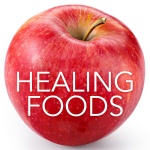























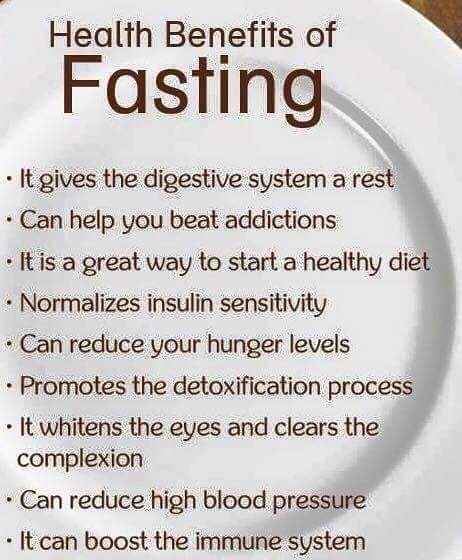




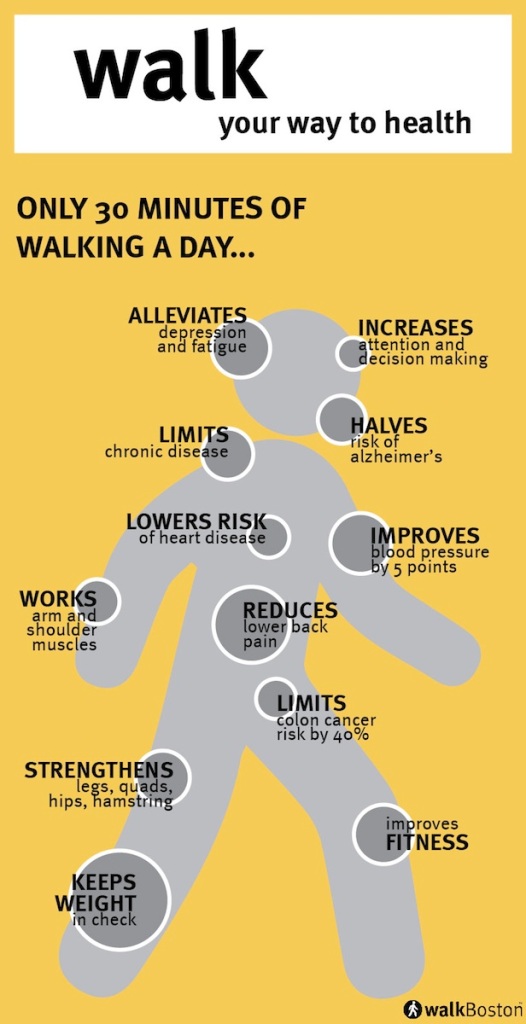



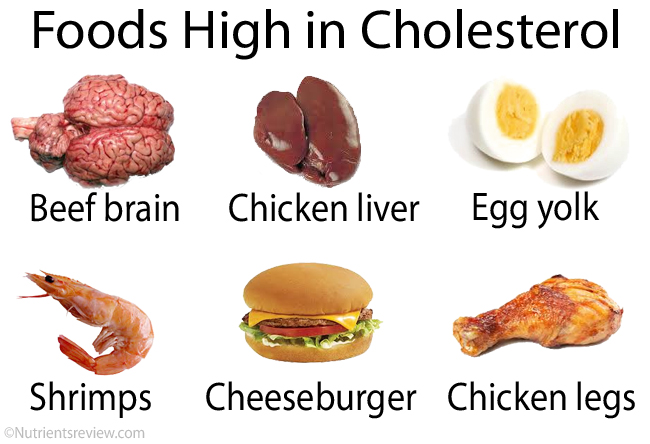 According to WEBMD, our body through our liver produces 75 percent of cholesterol that circulate in our blood. A normal level of cholesterol plays an important part in helping our cells do their proper jobs in our body system. 25 percent of cholesterol comes from our food. Therefore, when we eat foods high in cholesterol more than our body needs; and we eat them everyday, it can cause damage deep within our body. We don’t feel any symptoms when our body carries too much cholesterol, but over our life span, it can lead to a build up of plaque inside the arteries and narrows the space available for blood flow and can trigger heart disease. It’s pretty scary!
According to WEBMD, our body through our liver produces 75 percent of cholesterol that circulate in our blood. A normal level of cholesterol plays an important part in helping our cells do their proper jobs in our body system. 25 percent of cholesterol comes from our food. Therefore, when we eat foods high in cholesterol more than our body needs; and we eat them everyday, it can cause damage deep within our body. We don’t feel any symptoms when our body carries too much cholesterol, but over our life span, it can lead to a build up of plaque inside the arteries and narrows the space available for blood flow and can trigger heart disease. It’s pretty scary!



